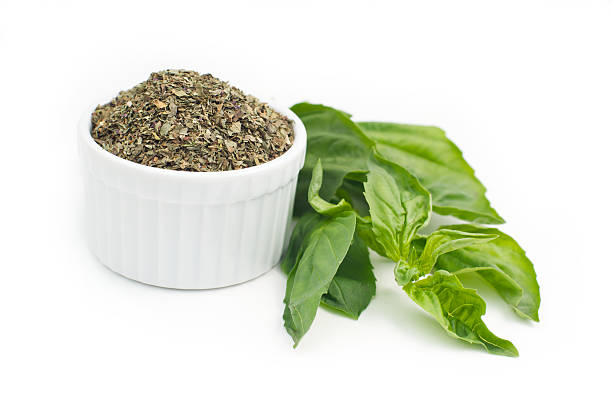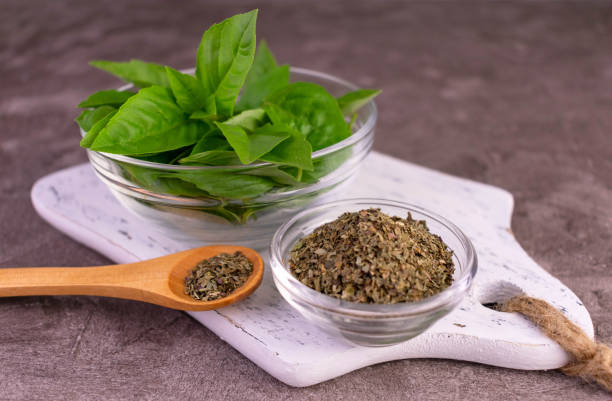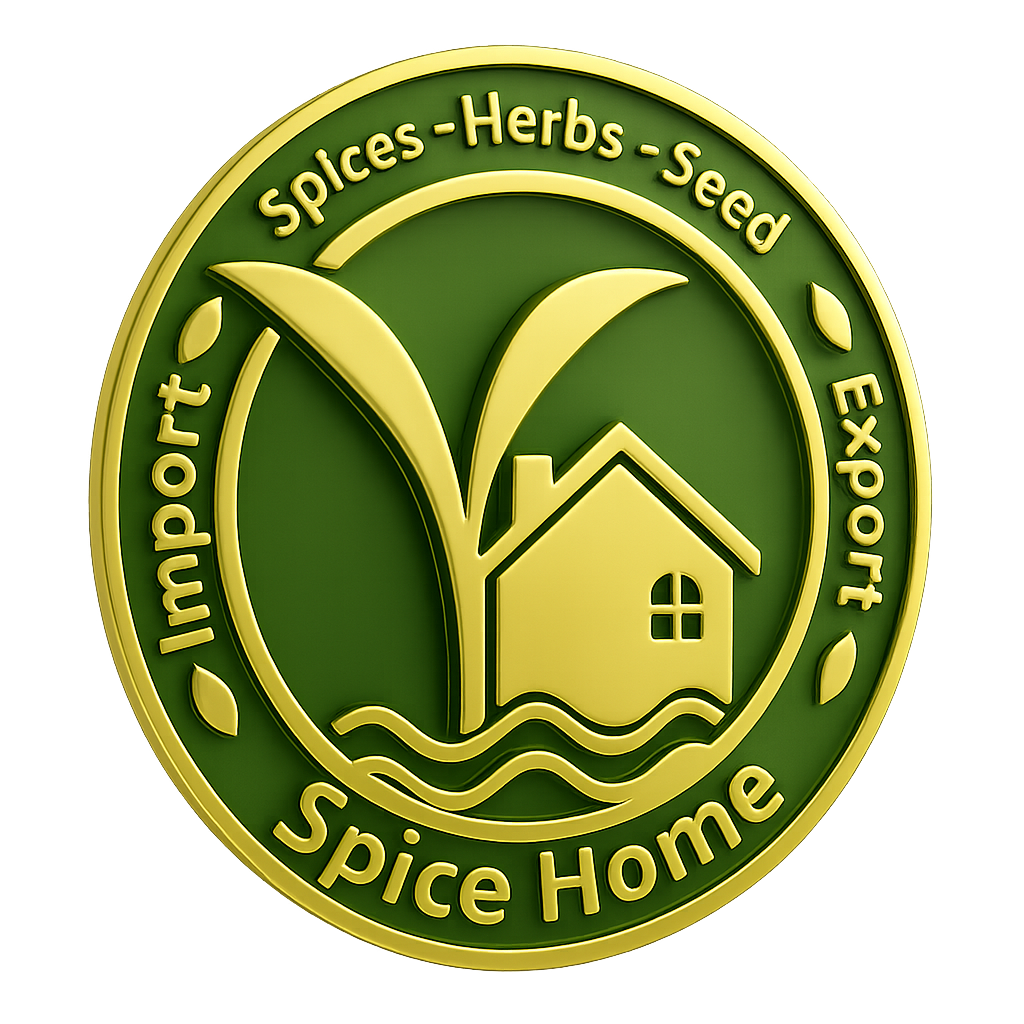Basil has many health benefits as it contains a lot of important vitamins and minerals!!

Basil was discovered more than 7000 years ago, and basil is a light, sweet-smelling plant used as food, medicine, and perfume. As for the West, they call it “myrtle” and the Arabs call it “basil.” The people of Iraq and the Levant call it “basil.” In Yemen, it is known as “Al-Habi” or “Al-Rawuz tree.” Some call it “hawk.” Inside their homes to keep flies away from them, and it is sufficient to honor that he was mentioned in the Holy Qur’an twice. The first verse was mentioned in Surat Al-Rahman. The Almighty said: “)And grains in the blades, and fragrant plants(.” The second verse is mentioned in Surat Al-Waqi’ah, verse 89. The Almighty says:) Then happiness, and fragrance, and Garden of Delights(. The Prophet, may God’s prayers and peace be upon him, ((whoever is offered basil, he should not refuse it, for it is pleasant and has a light weight)).
Basil Description!
The basil plant is described as a shrub with a length of 100-150 cm. It is dense in leaves, has an aromatic smell and white or violet flowers. The nature of this plant bears high soil salinity. It also needs regular irrigation and must be fertilized monthly. Basil is grown throughout the year and is recommended agriculturally. By cutting the flowers and pruning the plant strongly and always to help it grow, and if the basil is not exposed to drought and does not form seeds, it may live for several years, and the types of basil reach more than 150 species.

Basil content of nutrients
- Vitamin K: The body needs vitamins for proper growth and development. Vitamin K is one of the important vitamins for the body, as it plays a role in the manufacture of important proteins; To maintain the health of bones and tissues, in addition to the manufacture of proteins necessary for the process of blood clotting, and a severe deficiency in vitamin K may cause bleeding. It is worth noting that two tablespoons of fresh and chopped basil provide 27% of the daily needs for vitamin K.
- Vitamin A: It is an important vitamin for vision, growth, cell division, reproduction, and immunity, in addition to its antioxidant properties; Which helps reduce damage caused by free radicals. A tablespoon of chopped fresh basil provides 3% of the daily needs for vitamin A.
- Manganese: Manganese is one of the cofactors of many enzymes, and through the action of these enzymes, manganese participates in the metabolism of both; Amino acids, cholesterol, and carbohydrates contribute to bone building, reproduction, and the immune response. Manganese is also involved in blood clotting in conjunction with vitamin K. A tablespoon of fresh chopped basil provides 1.5 percent of the daily requirement for this mineral.
The most important nutrients in basil
The benefits of basil result from the important nutrients found in basil, most notably the following:
- Vitamin A.
- Vitamin K
- Vitamin C
- magnesium.
- Iron.
- potassium
- Calcium.
- Folic acid.
- Omega-3 fatty acids.
Basil also contains a large amount of essential essential oils, rich in phenolic compounds, and a group of antioxidants, such as: flavonoids, and anthocyanins, which makes it of medical and therapeutic benefits that exceed it, especially in the field of anti-inflammatory.


